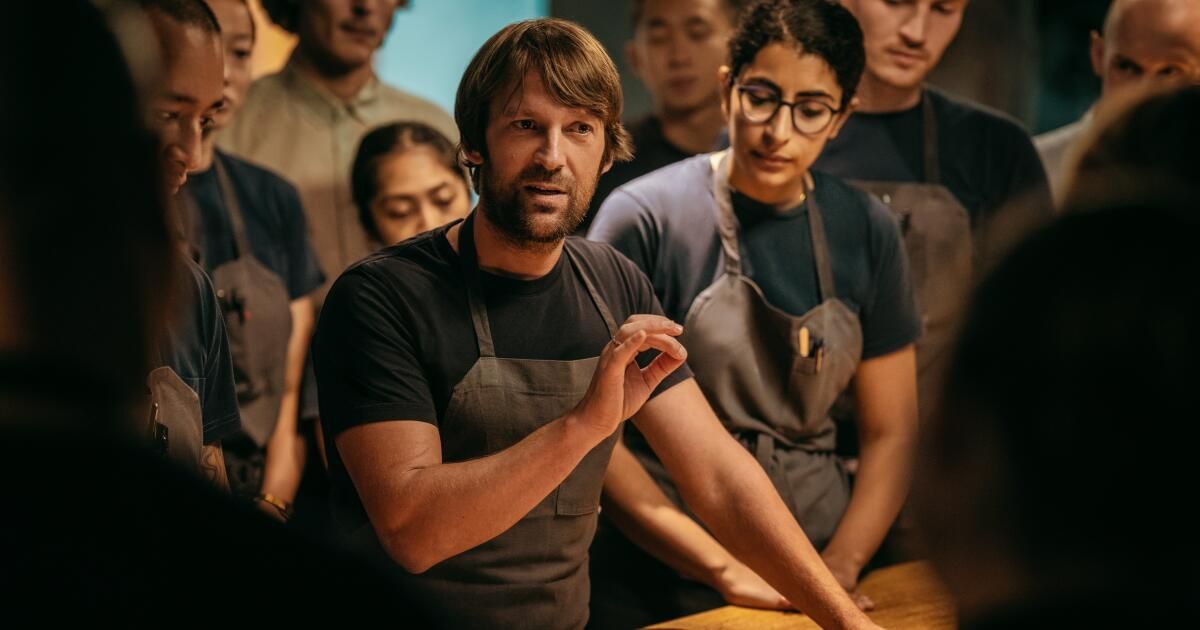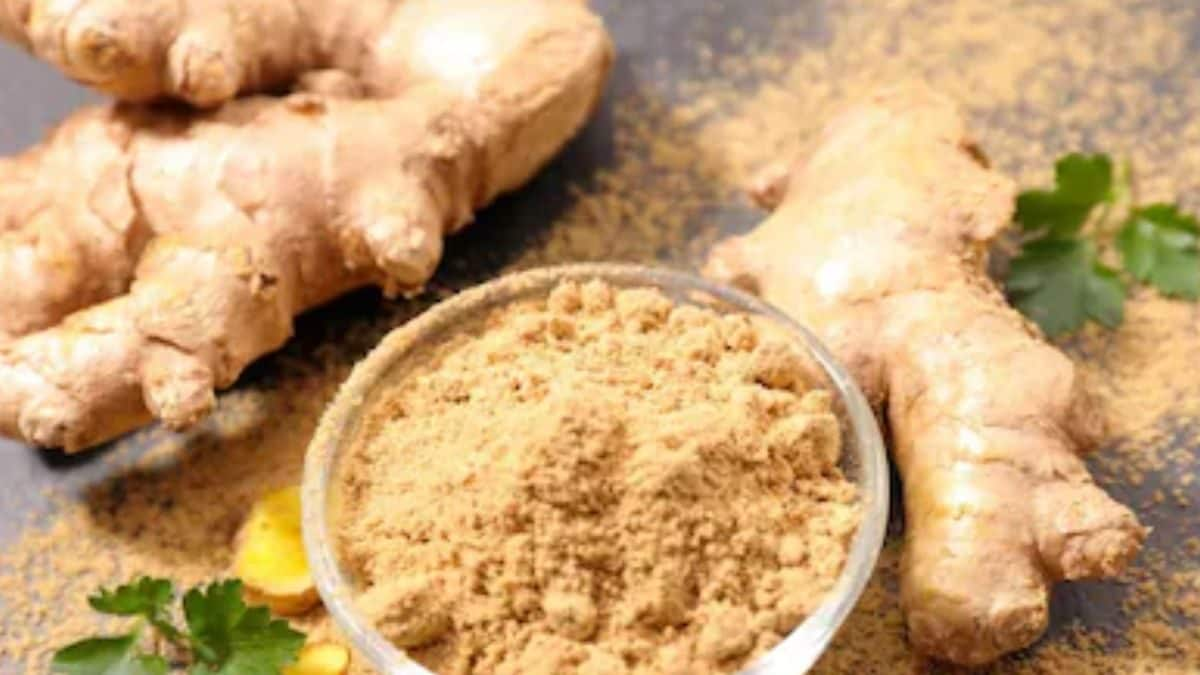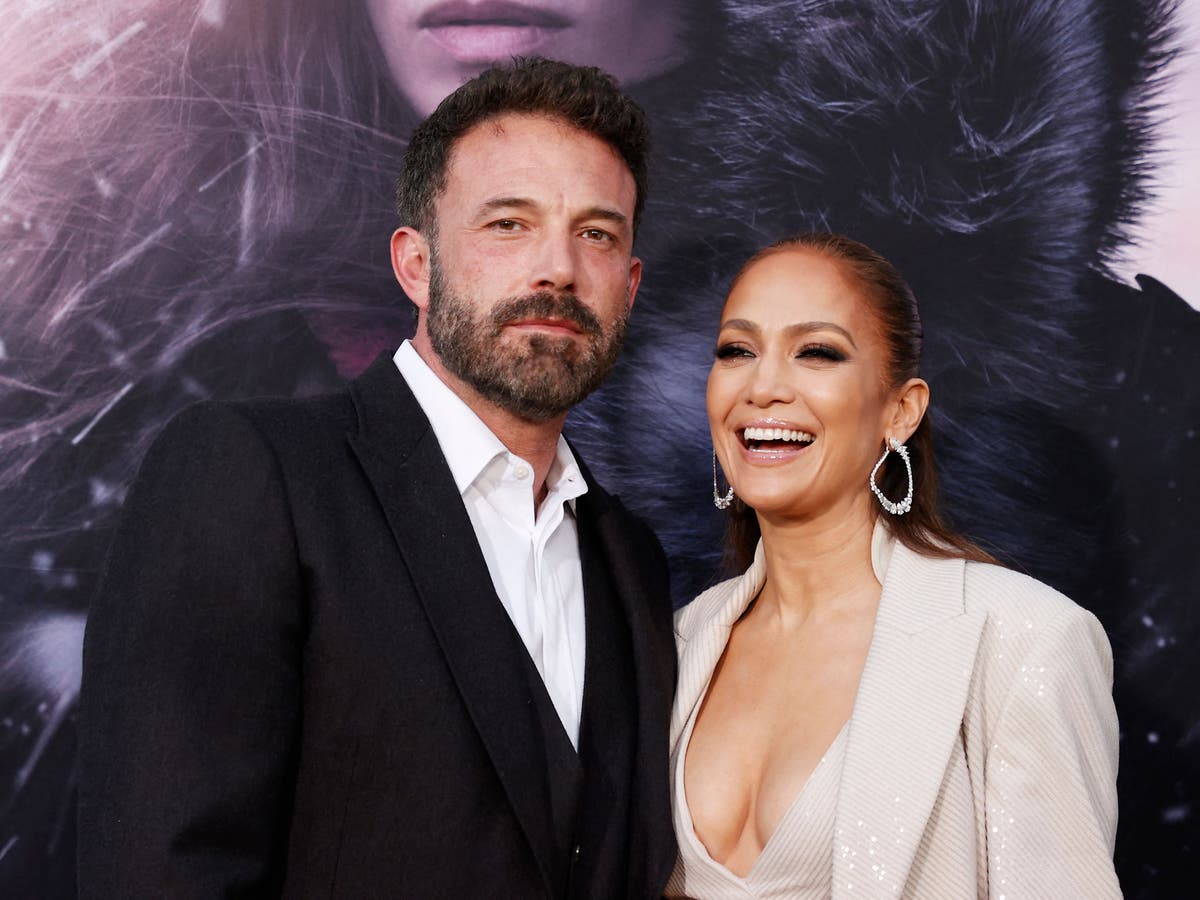Earning three Michelin stars and having your restaurant named the best in the world five times may be enough for most chefs, but René Redzepi has his sights set on something bigger: changing the way we eat.
The foods we take for granted today are under threat on multiple fronts. Climate change threatens all types of crops, including the world’s most popular food. Mass production by agribusiness is damaging the environment, while monoculture farming practices are giving deadly pathogens a biological advantage. Underlying all of these challenges is the persistent pressure to feed an ever-growing global population.
None of this was on Redzepi’s mind when he followed his best friend to cooking school at age 15. He quickly found his purpose, cooking at several Michelin-starred restaurants before opening Noma in his native Copenhagen in 2003.
In the 21 years since then, one thing has become abundantly clear.
“Something is happening to our environment,” Redzepi said, “and the way we produce and grow our food has a huge impact.”
Matt Goulding, left, and René Redzepi created “Omnivore,” a documentary series on Apple TV+.
(Courtesy of Apple TV+)
That’s the takeaway from “Omnivore,” which debuts on AppleTV+ on Friday. Created with his “old friend” Matt Goulding, a food writer and three-time James Beard Award winner, the docuseries asks big questions about the future of food by digging into eight ingredients: chiles, bluefin tuna, salt, plantains, pork, rice, coffee and corn.
Redzepi and Goulding spoke to The Times about their new show and what they learned about sustainability while making it.
How did “Omnivore” come about?
René Redzepi: Noma was booming and I was being offered all kinds of opportunities. I never had a desire to be on television unless we were informing the world about how magical, important and delicious food is in a way that felt more like Planet Earth than a cooking or travel show.
It was always in the background. Then COVID came.

By Matt Goulding: When René called, everything fell into place. His voice always had that echo of David Attenborough.
Of course, we want food to be delicious and enjoyable, but we also want to understand what it means, not just the political or the cultural, but also the natural world, the biological. All of those elements seemed to be able to connect through the ingredient.
How did you choose the ingredients?
M.: We think of this as a recipe. What are some of the core ingredients that you would put at the heart of a recipe—the proteins or the carbohydrates—and what are the seasonings? That's why we have an episode on chili peppers. They don't play an essential role in our survival, but they do play an essential role in explaining the human psyche.
RR: For me, we need wheat to stay alive, but we need chili to… feel alive.
They highlight traditional milpa farmers in Yucatan and organic rice producers in India. If techniques like theirs were adopted, would we be able to feed everyone?
RR: We need large-scale agriculture to be inspired by traditional methods that have been used for thousands of years. At the same time, those ancient methods need to adopt some technology that can really help things move forward.
M.: It's a question that's at the heart of the series, and the episode on corn is where we address it most directly. It's built around the idea of a tale of two corns. One is a giant monoculture farm in Iowa, and the other is the milpa, this polyculture system that was the way corn was grown during its heyday in Mesoamerica.
What attracted us to milpa was not just this romantic ideal of ancient wisdom. If you look at the studies, you will see that polycultures can produce more calories per acre than a monoculture.
Monocultures operate on a one-dimensional plane: they only use the surface. With polyculture, three-dimensional space is used to create more food. There are the bean vines, the squash cover crop growing underneath, and the shade produced by the corn stalks.
The danger of climate change is most clearly seen in the rice episode. Farmers are heavily dependent on monsoons and are not behaving as they used to.
M.: This ingredient accounts for about 20% of the human diet. Figuring out how to continue growing rice in the midst of this incredible climate change is one of the most vexing problems of the 21st century.
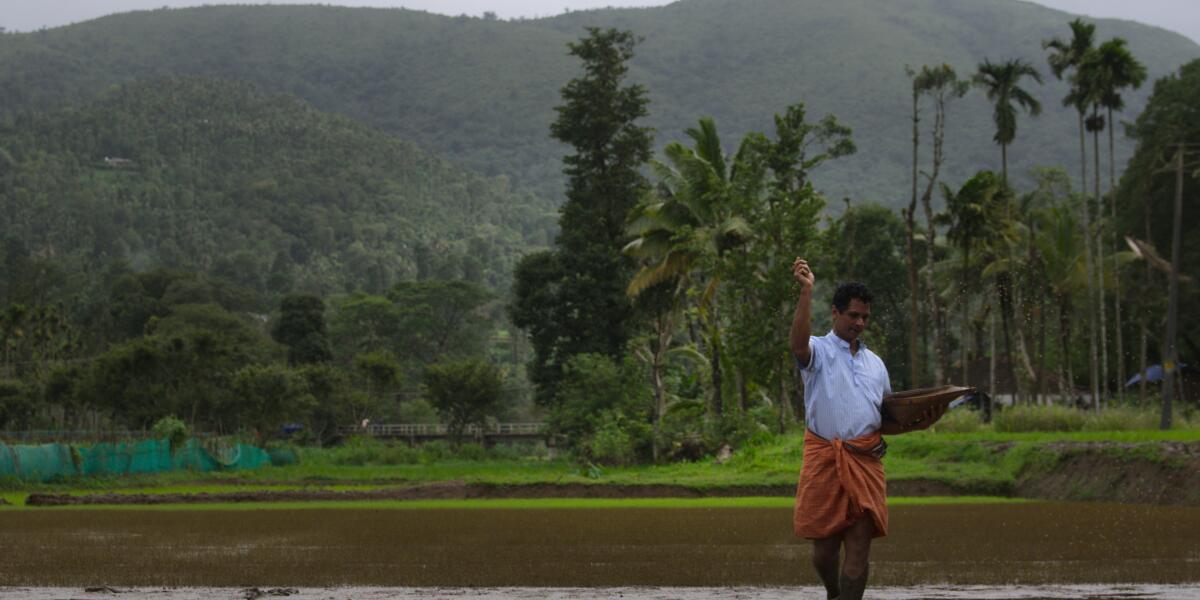
Organic farmer Jayakrishnan Thazhathuveetil plants Kuruva rice seeds in Kerala, India, in the Apple TV+ documentary series “Omnivore.”
(Courtesy of Apple TV+)
We met JK, a rice farmer from South India who was trying to grow rice for his community. He found that all those amazing rice varieties he grew up with were disappearing, so he decided to look for them. Maybe one of them would be better adapted to climate change.
RR: Maybe if we ate more different things, that would also be something that could help. Could we eat more algae? Could we eat more mushrooms? Could we eat more legumes? What about insects? These things have the potential to become mini staple foods.
Could we eat more algae? Could we eat more mushrooms? Could we eat more legumes? What about insects?
— René Redzepi, founder and head chef of Noma
Throughout the series, you show the extent to which humans have literally changed the landscape in pursuit of a good bite to eat. Is this necessarily a bad thing?
M.: Food has always been at the forefront of globalisation. It has driven a globalised world since the Age of Discovery, searching for spices and trading salts along the Silk Road.
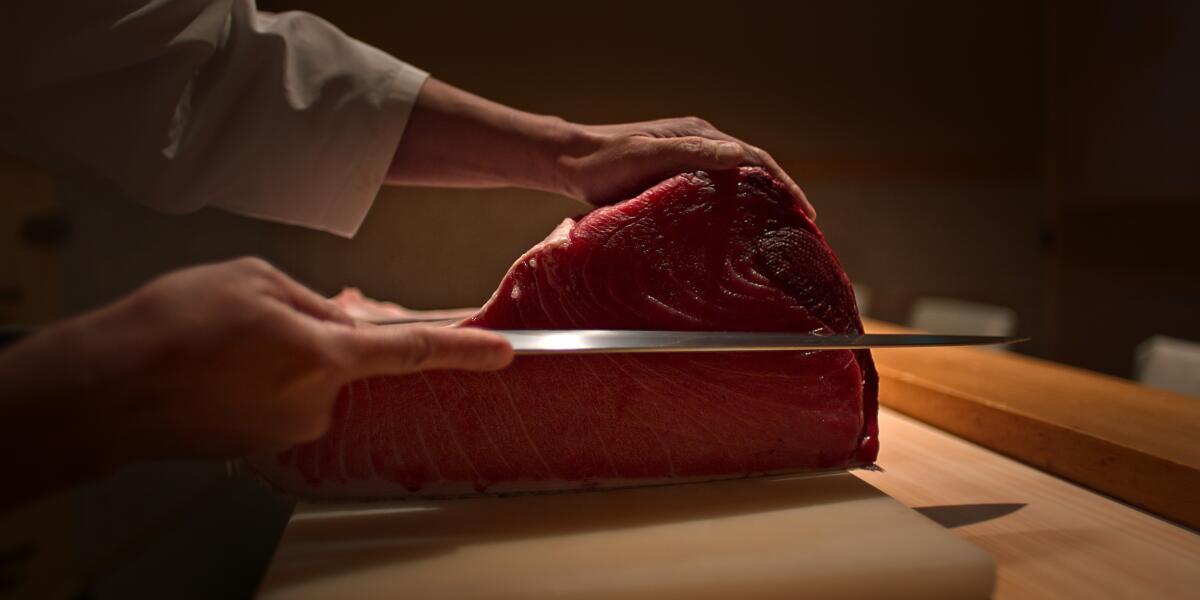
Master sushi chef Takashi Saito prepares bluefin tuna at his Tokyo restaurant in a scene from the Apple TV+ documentary series “Omnivore.”
(Apple TV+)
Bluefin tuna is a powerful example. What had been a discarded fish for most of the 20th century could suddenly be transformed into one of the most sought-after ingredients thanks to the innovation of this person at Japan Airlines.
Is this necessarily bad? I don't think it has to be. There are good and bad ways of doing it. It's hard to draw a line.
It seems to have a love-hate relationship with global markets. They allow Rwanda's premium coffee producers to receive fair remuneration for their intensive work, but they also allow the United Fruit Company to take over large portions of Latin America to grow bananas.
M.: The United Fruit Company is the classic example of a system that controls all means of production to maximize efficiency and profits and get a product to everyone. The only thing they didn't take into account is that you can't control nature in the long term. This is what we're seeing with Panama disease and bananas.
One of the most disconcerting aspects of our food system is that a banana costs one-fifth the price of an apple grown right next door. But the real cost of that banana – to the workforce, the consumer and the planet – is definitely much higher.
RR: If we could get people to realize that this is how food works and think about what kind of systems it uses, that would be very helpful. Most people probably have no idea.
M.: When we eat, when we drink, we are voting for the world we want to live in. It's incredibly empowering to be able to do that three times a day.
Did you learn anything while making “Omnivore” that changed the way you do things at Noma?
RR: When we start Noma 3.0 next year, we will stop operating as a 12-month-a-year restaurant and focus a lot of our attention, our skills, and our team on tackling bigger issues in food. One of the projects I’m looking at is this one we call Future Staples of Food, which was inspired by a lot of the research we’ve done. I’ve mentioned some of it before: seaweed, mushrooms, legumes, etc.
What about insects?
RR: Absolutely. It's definitely a superfood. It's incredible how many calories and nutrients it provides. It's mind-blowing.
But to change habits and have more things in our diet, we need to make them absolutely delicious so that people choose them. Deliciousness is the game changer.
This interview has been edited for brevity and clarity.

